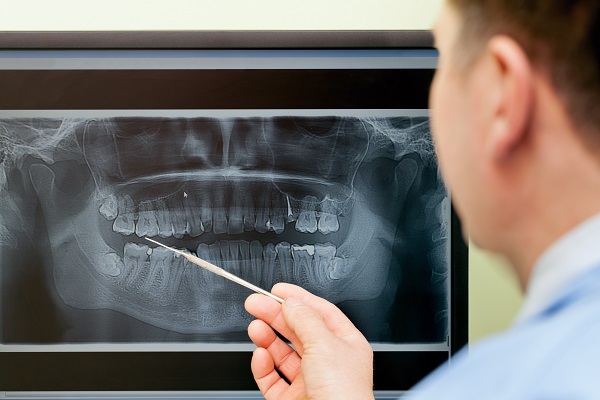What Is Dental Implant Oral Surgery?

Dental implant oral surgery has transformed the concept of dental restorations. Implants are designed to replicate the look, function and feel of natural teeth. This article covers what you need to know about dental implant surgery, right from the consultation stage through to recovery.
About dental implant oral surgery
Dental implants are small titanium posts that are placed surgically inside the jawbone to replace a missing tooth. The titanium post functions as an artificial tooth root. The jawbone fuses with the titanium implant, forming a sturdy foundation for the artificial teeth. Implant surgery involves the following processes:
Initial evaluation
Since multiple procedures are sometimes necessary to complete the dental implant placement process, a dentist will perform a complete and thorough evaluation, including dental x-rays and impressions, to ensure that the final restoration fits in with the rest of the teeth. During the consultation, the patient will learn what to expect before, during and after the surgery.
The dentist will check whether the jawbone is strong enough to hold the implants, depending on the number of teeth that need to be restored. They will need to know about the patient’s medical conditions and current medications, whether prescribed or over-the-counter. If necessary, the dental professional might recommend an antibiotic before the surgery to prevent infection.
The surgical procedure for dental implants
Dental implant oral surgery is usually done in multiple stages, allowing the jawbone to heal fully before undertaking additional treatments. During the procedure, the dentist will administer anesthetic to numb the jaw. Additional steps may be required to help the patient relax throughout the process.
If the damaged tooth is still in its socket, the dentist will remove it. Afterward, they will prepare the jawbone for the surgery; this may include bone grafting. Once the jaw is ready, the implant is placed inside the jawbone through the gum. The jaw will need some time to heal before the dentist places the abutment that will link the implant and the artificial tooth.
It takes about three to six months for the jawbone to integrate with the dental implant. During this period, the patient will get a temporary restoration and stick to a diet of soft foods. Concurrently, the dentist will make plans to fabricate the final replacement teeth.
After dental implant surgery
It is normal to feel pain after oral surgery. Bruising, swelling and minor bleeding may occur but will stop after some time. If these symptoms persist or worsen several days after the surgery, patients need to contact their dentist immediately. The dental professional will provide recommendations to help with post-surgery recovery, including the use of ice packs and pain relievers to ease swelling and discomfort.
Do you need dental implants?
Dental implant oral surgery is a routine procedure performed by dentists and has a minimal risk of complications and a high success rate. If you are looking to replace a lost tooth with dental implants, contact our office today to schedule an appointment.
Request an appointment here: https://www.mytotaldentistry.com or call McCarthy Dentistry at (740) 546-5178 for an appointment in our Marietta office.
Check out what others are saying about our services on Yelp: Read our Yelp reviews.
Recent Posts
When a dental emergency hits, it is important to know where to go to access the right care. An emergency dentist is often the right provider, although life-threatening emergencies require a trip to the emergency room. Learning when to go to the emergency dentist versus the emergency room can save you time, money, and discomfort.…
Preventative dental care is essential for your oral health. If you have never been to the dentist, it can be hard to know what to do. Let's go over some of the best practices for diet and nutrition that you need to keep your teeth healthy and strong, so that not only are they easier…
Tooth enamel protects your teeth from harmful pressure, which means ensuring it is in great shape should be a routine in your preventative dental care. If not properly taken care of, the enamel can erode and make your teeth more susceptible to things like breaking, cracking, or chipping. Ultimately, this can be very painful and…
Preventative dental care has long been the focus of dentists and patients alike. Taking proactive steps to protect your teeth and gums not only helps you prevent tooth decay and gum disease but can also decrease your risk of developing other illnesses such as heart disease, stroke, cancer, and diabetes. Here’s how oral health affects…


